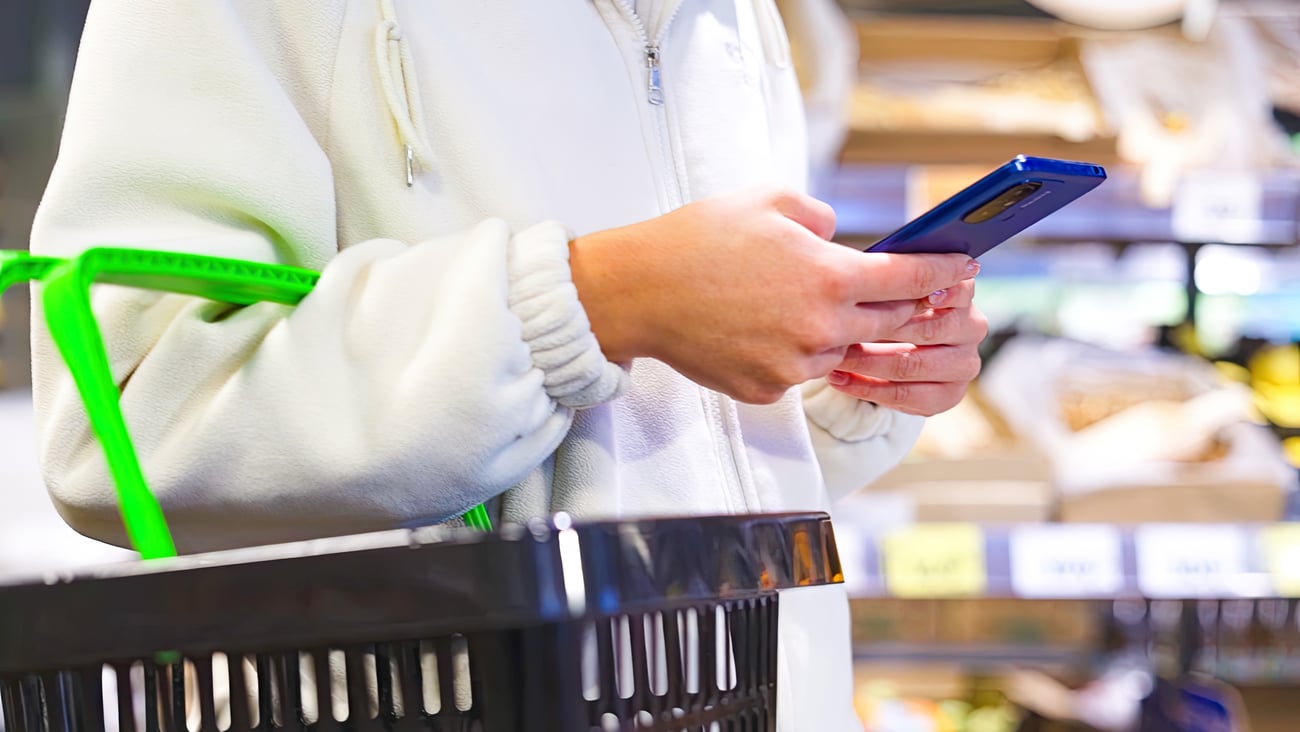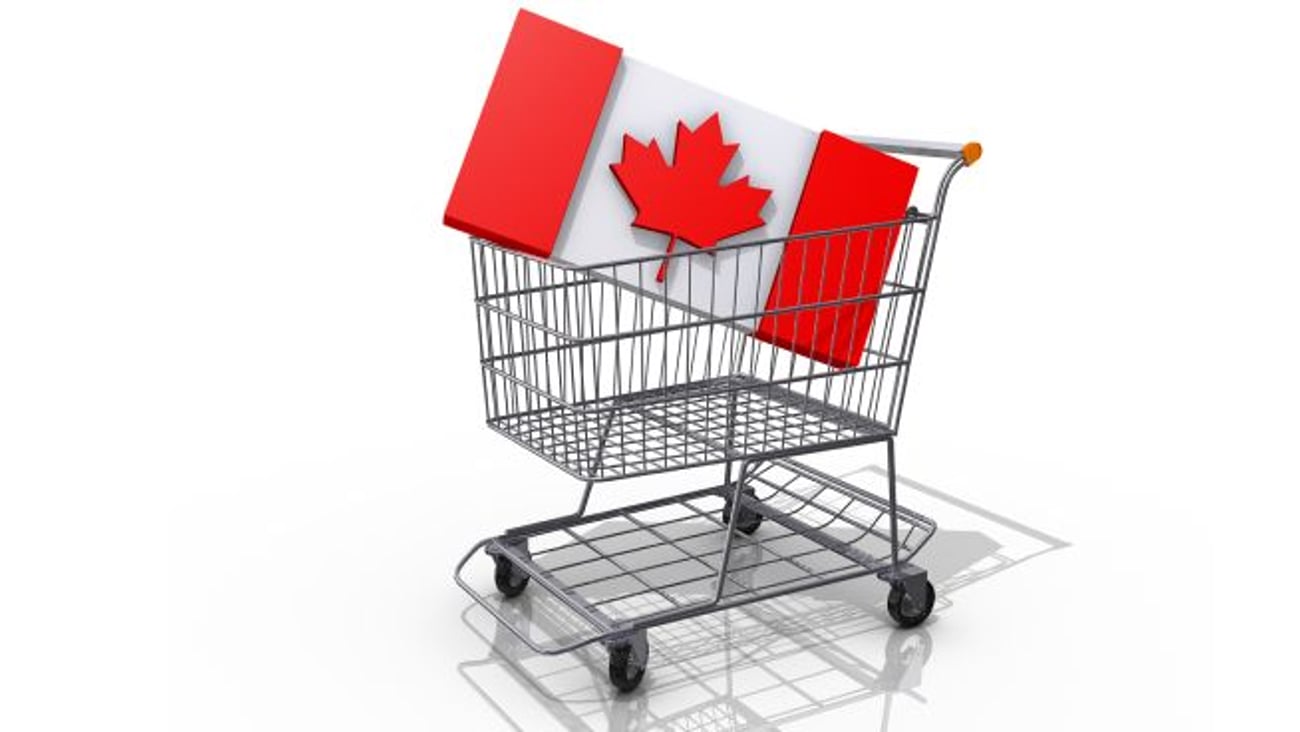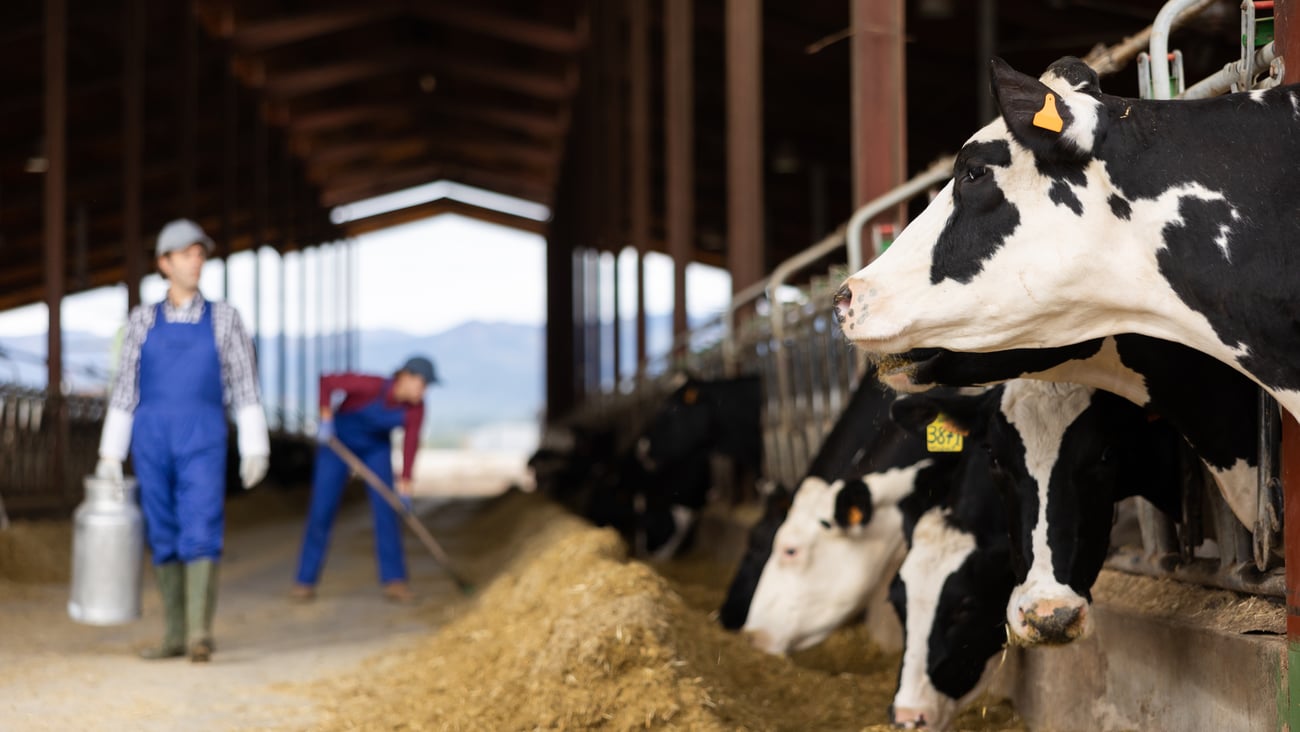We need to up our food recall game
There has been one fatal case and 63 confirmed cases of salmonella infection in Canada linked to a cantaloupe-related outbreak, as reported by the Public Health Agency of Canada (PHAC). The outbreak is associated with Malichita and Rudy brand cantaloupes, distributed in all provinces across Canada and believed to have originated from Mexico.
Food recall alerts for Malichita brand cantaloupes, sold between October 11 and November 14, 2023, were issued by the Canadian Food Inspection Agency (CFIA) on November 1, November 14, and November 17. The most recent alert, issued on November 24, received widespread media coverage. Unfortunately, for some individuals, including the one who has tragically passed away, this critical information came too late.
Cantaloupes are highly susceptible to Salmonella contamination, often linked to irrigation water. The textured outer rind of cantaloupes can harbour Salmonella bacteria. Since cantaloupes are typically consumed raw, contaminated products pose a significant health risk. The challenge lies in the effectiveness of our current risk communication model for food recalls, which heavily relies on mass media to disseminate information. Individuals who do not stay updated with the news can unknowingly consume unsafe products.
The landscape of mass media has undergone significant evolution. Declining revenues and oversubscribed reporting, combined with the fact that younger generations primarily rely on social media platforms like TikTok and YouTube for information, have strained traditional media outlets. Given the current staffing shortages in the media industry, we can no longer solely depend on traditional channels to effectively disseminate recall information, especially amidst the noise generated by numerous competing news stories. It is imperative that we explore more efficient methods, including leveraging the potential of AI, to address this challenge.
READ: Canadians have mixed feelings on AI in grocery: Survey
Consider the pandemic response as an example. It took weeks for Ottawa to develop a smartphone application that could inform people about potential exposure to COVID-19. A similar application that notifies the public about recalled food products would be beneficial. While AI offers potential solutions, it must be implemented with privacy concerns in mind. Although the CFIA website has improved, there is still room for enhancement.
Another pressing issue is the waste generated by food recalls. Due to the lack of precise communication during recalls, a significant amount of food may go to waste. Following this outbreak, consumers may avoid cantaloupes altogether, regardless of their origin, which mirrors what occurred in 2019 when romaine lettuce from California was recalled in Canada, resulting in a surplus of wasted lettuce. These situations contribute to unnecessary food waste.
The number of food recalls and food safety notifications in Canada this year stands at 177, compared to 226 in 2022, a record-breaking year. Each time, we are likely to see more waste and increased costs. While all recalls are theoretically preventable, the reality is that they will continue to happen, impacting consumers. According to the CFIA, over 4 million Canadians experience a foodborne illness annually. The agency must improve real-time risk communication to prevent casualties, suffering, and unnecessary waste.
For consumers who discover recalled products at home, it's worth noting that many grocers will offer refunds even without a receipt. If your grocer does not provide a refund, consider taking your business elsewhere.





